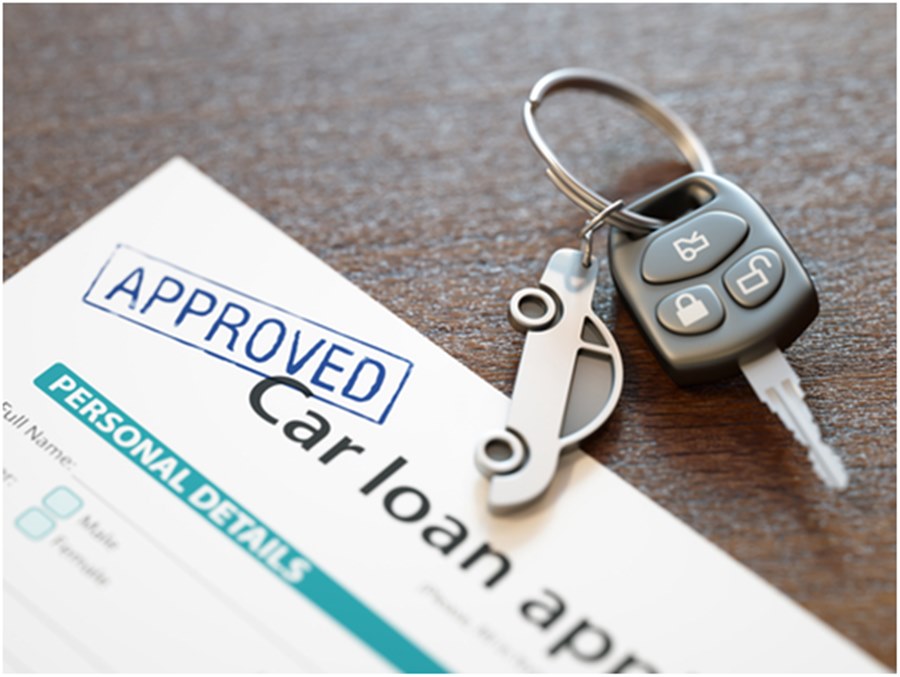New Delhi, July 12: Vehicle loans outstanding increased by 22 per cent year-on-year to Rs 5.09 lakh crore in May, notwithstanding the Reserve Bank’s rate hike spree in 2022-23.
As per the latest RBI data, the total vehicle loan outstanding climbed from Rs 3.65 lakh crore in May 2021 to Rs 4.16 lakh crore in May 2022, and further to Rs 5.09 lakh crore as of May 19, 2023.
The annual rise in loan outstanding was only 14 per cent in May 2022.
The RBI started raising the interest rate in May last year to check inflation in the wake of the Russia-Ukraine war and cumulatively increased the repo rate (benchmark interest rate) by 250 basis points in six tranches before pressing the pause button at the beginning of the current fiscal.
The retail sales data collected by the Federation of Automobile Dealers Associations (FADA) also reflects rising sales of vehicles across various categories in June.
According to FADA, the auto retail sales in June demonstrated a 10 per cent year-on-year growth, encompassing positive performances across various vehicle categories, including 2-wheelers, 3-wheelers, passenger vehicles, tractors and commercial vehicles.
Rohan Kanwar Gupta, Vice President and Sector Head – Corporate Ratings, Icra Limited said the demand for passenger vehicles has remained strong, aiding a healthy growth in industry volumes.
Even as the demand remains healthy, there has been a material rise in the cost of ownership, led by the increase in vehicle prices as well as financing cost (a result of an increase in the repo rate), he added.
“The impact of the increase in the cost of ownership on enquiries/volumes remains monitorable over the near term; additionally, even as semiconductor supplies have stabilised to an extent, OEMs continue to be wary of a shortage in supplies going forward,” Gupta said.
According to V Swaminathan, Executive Chairman of Andromeda Sales and apnapaisa.Com, increasing aspirations and disposable income of Indians have contributed to a growing demand for cars.
With the launch of new vehicles featuring improved designs and features, the prices of cars have also risen. As a result, car loans are becoming increasingly popular, and the average ticket size of these loans is also on the rise, he noted.
“Moreover, with the shift towards a formal economy, an increasing number of individuals are filing income tax returns, which in turn enhances their loan eligibility. Additionally, fintech companies are making loans more easily accessible, making it simpler for individuals to obtain credit,” Swaminathan added.
Meanwhile, industry body SIAM said on Wednesday said that during the April-June quarter, passenger vehicle sales rose 9 per cent to 9,95,974 units against 9,10,495 units in the same period of the last fiscal.
“Overall the passenger vehicles, two-wheelers and three-wheelers have performed well in Q1 of 2023-24, although some sub-segments have shown a slight momentary decline, compared to Q1 of last year,” SIAM President Vinod Aggarwal said.
With expectations of a reasonable monsoon, which has now covered most parts of the country, coupled with lowering inflation, the industry expects the economy to continue to grow, which in turn should help the auto sector, he added.
However, high-interest rates remain a concern, Aggarwal said.
SIAM collects data from auto manufacturers. (PTI)


